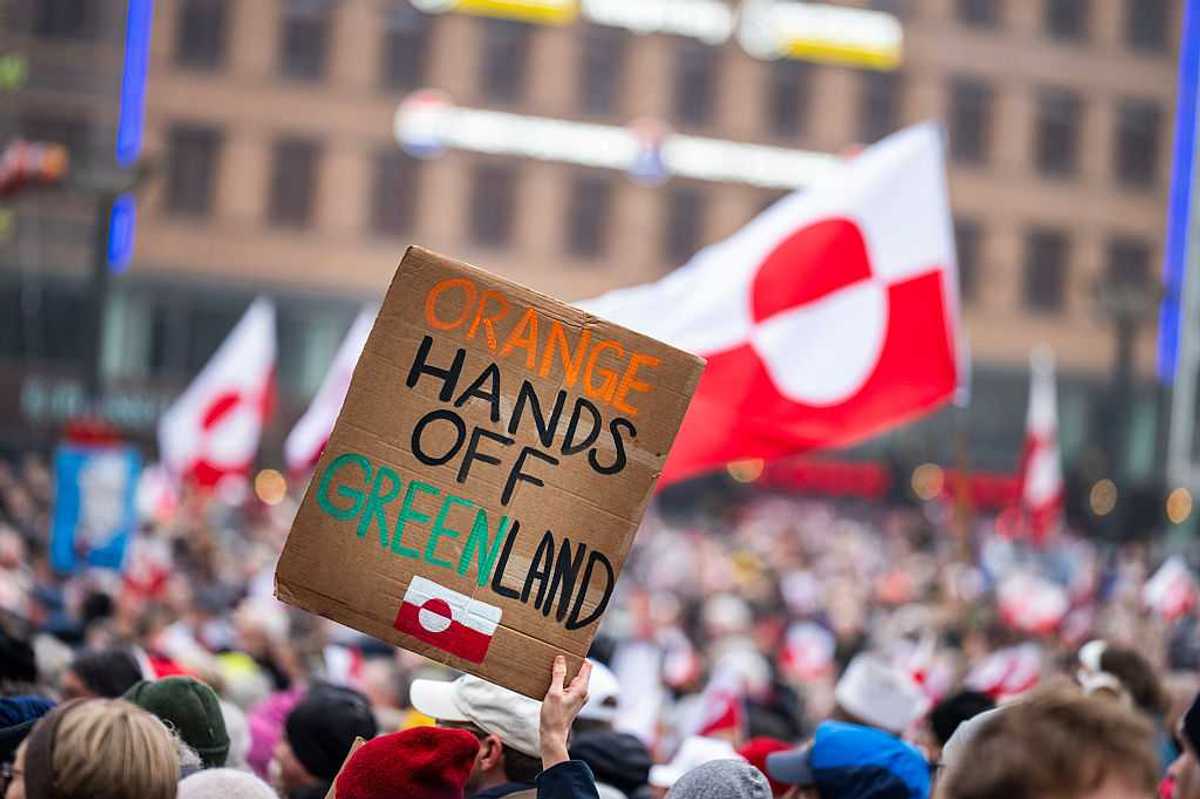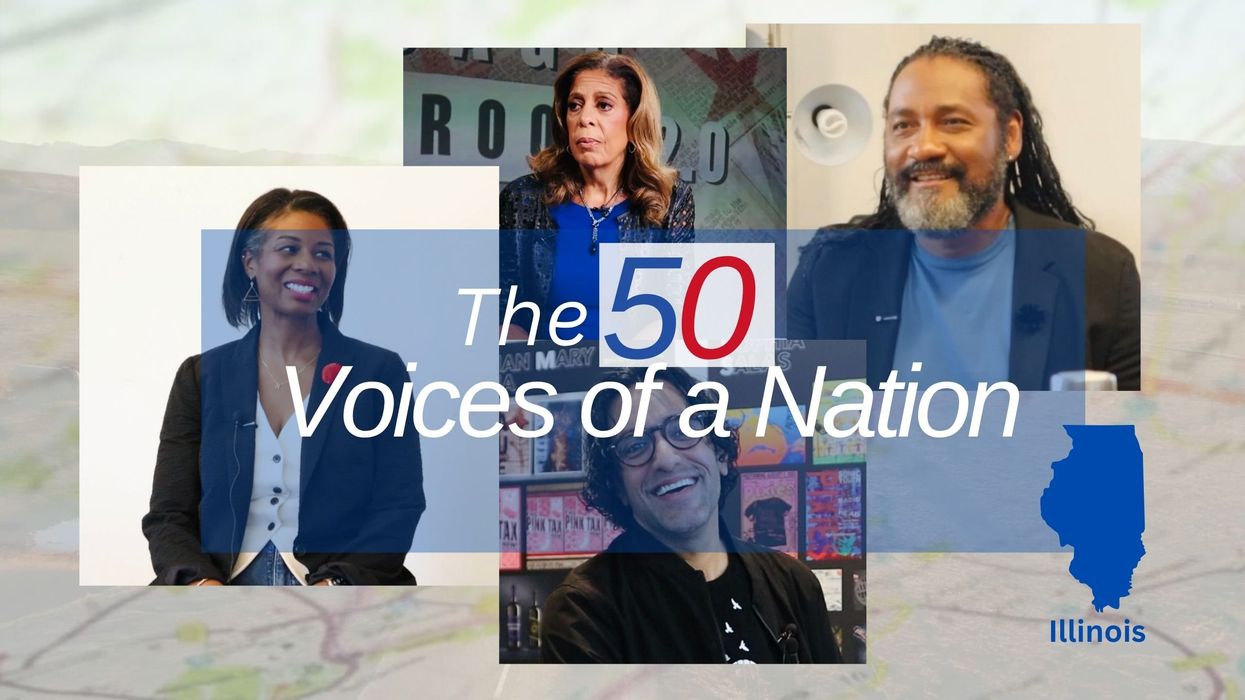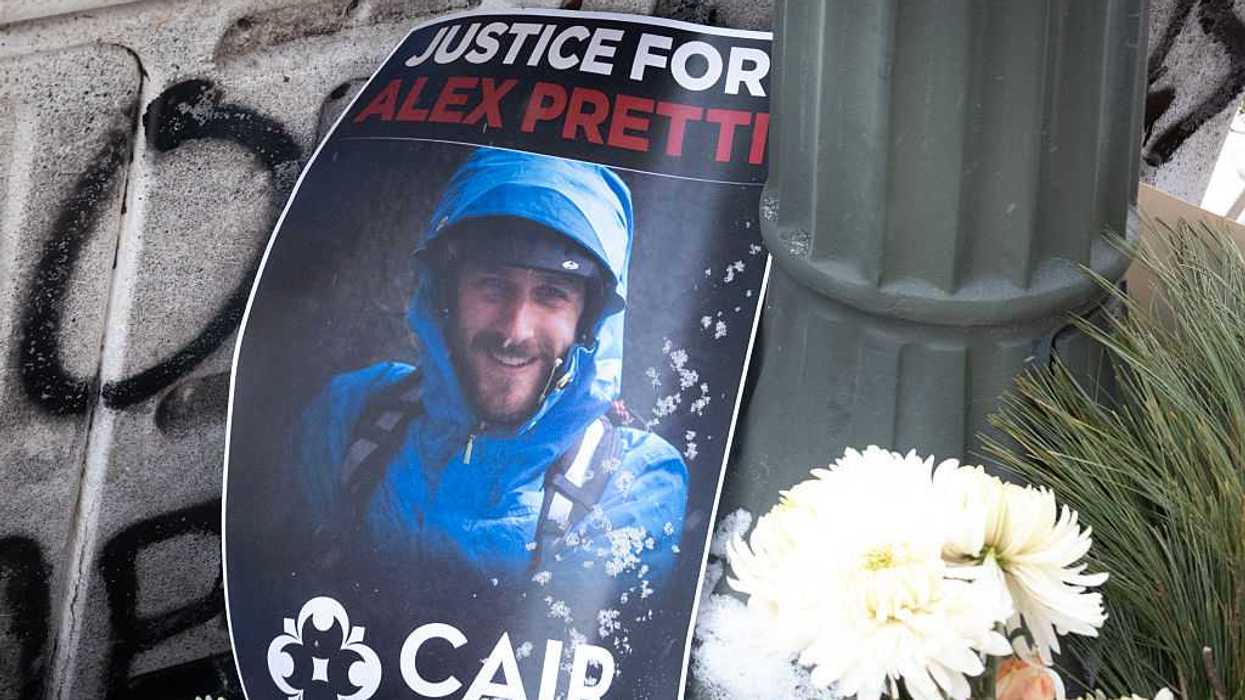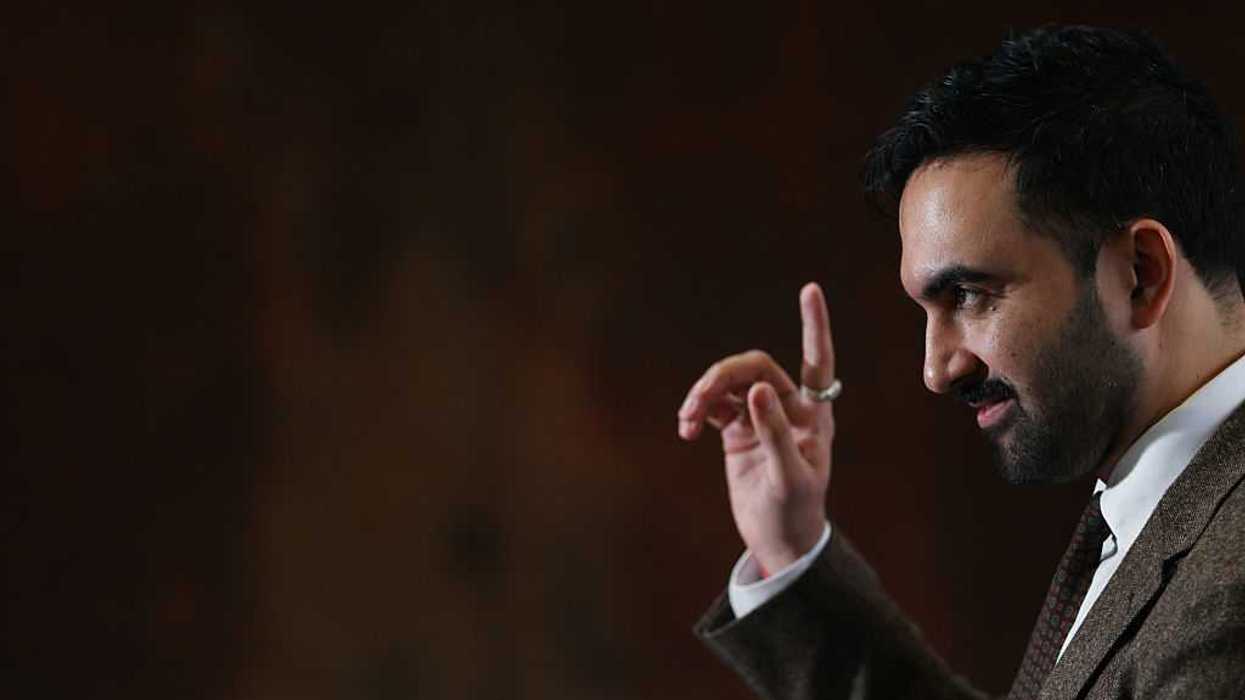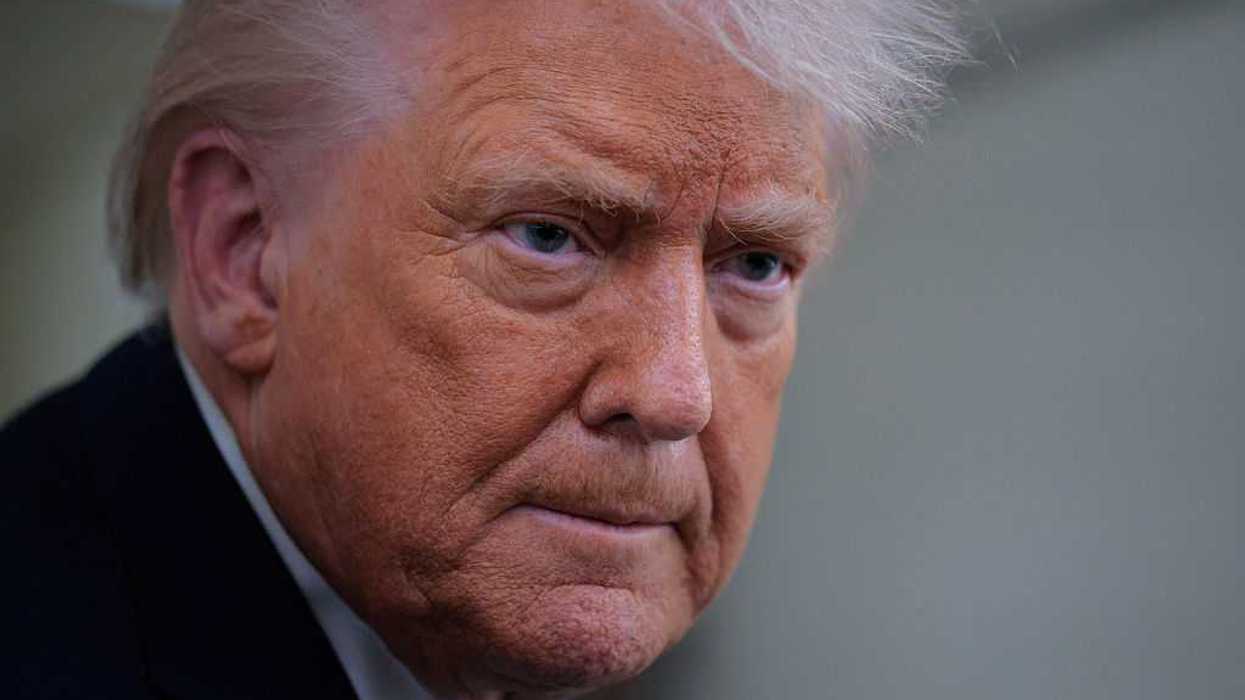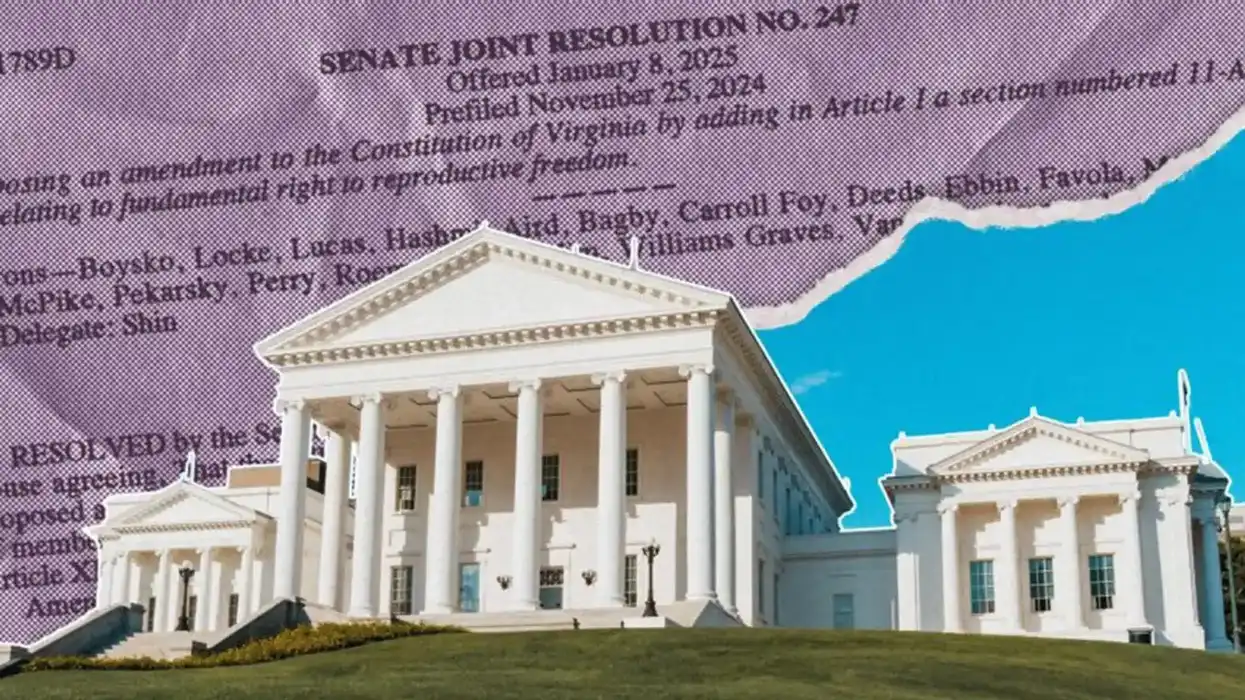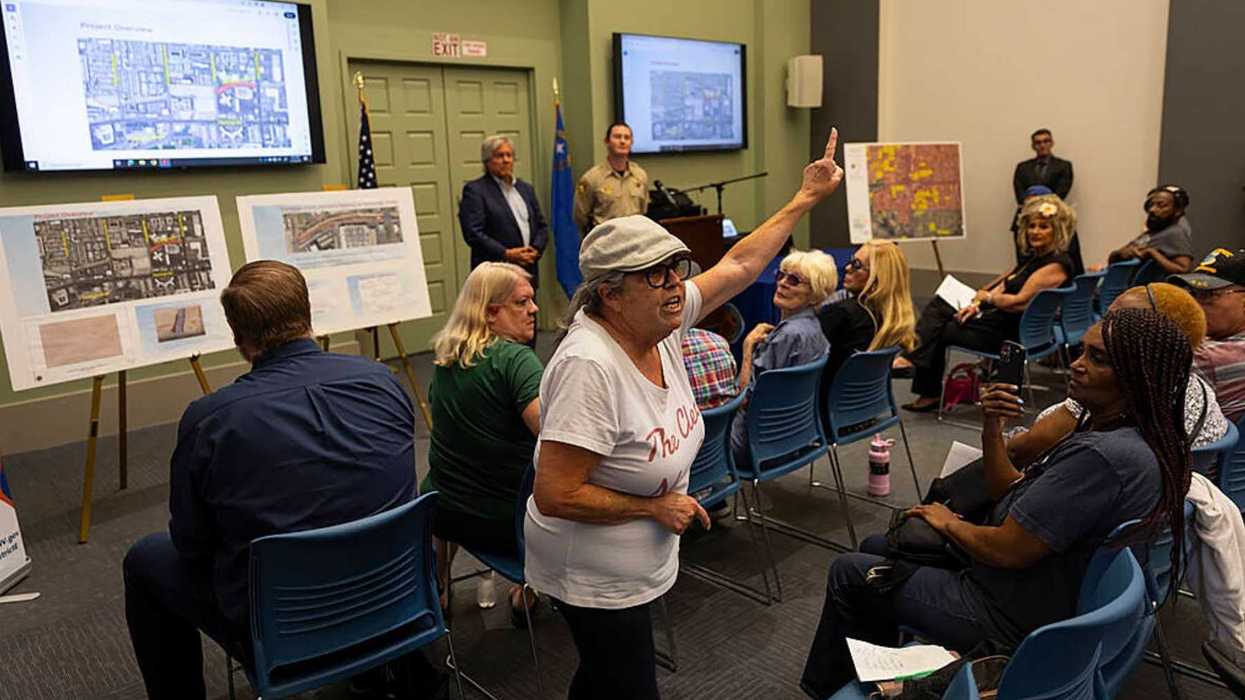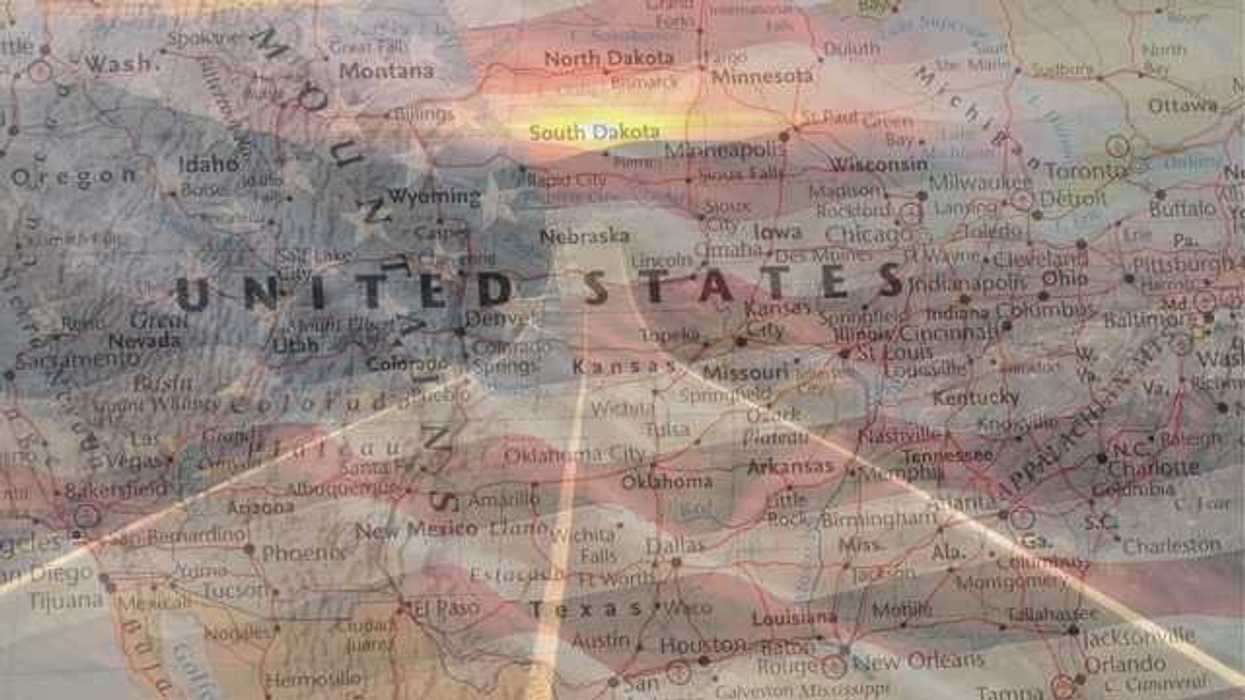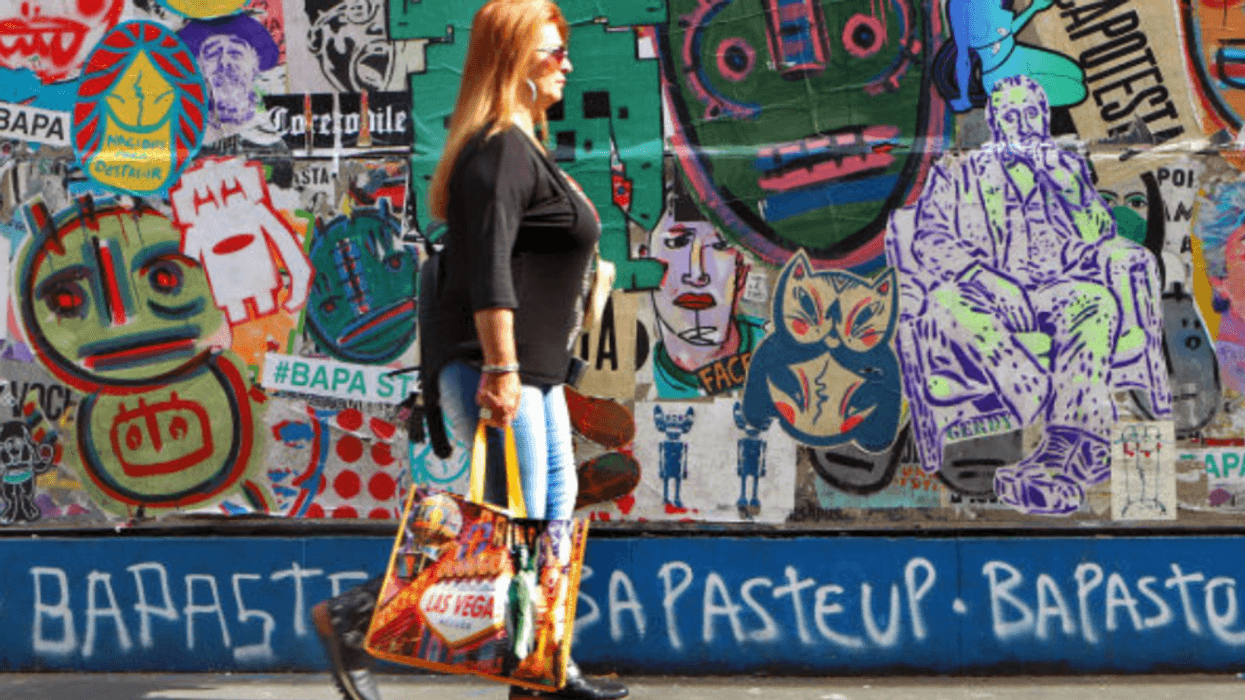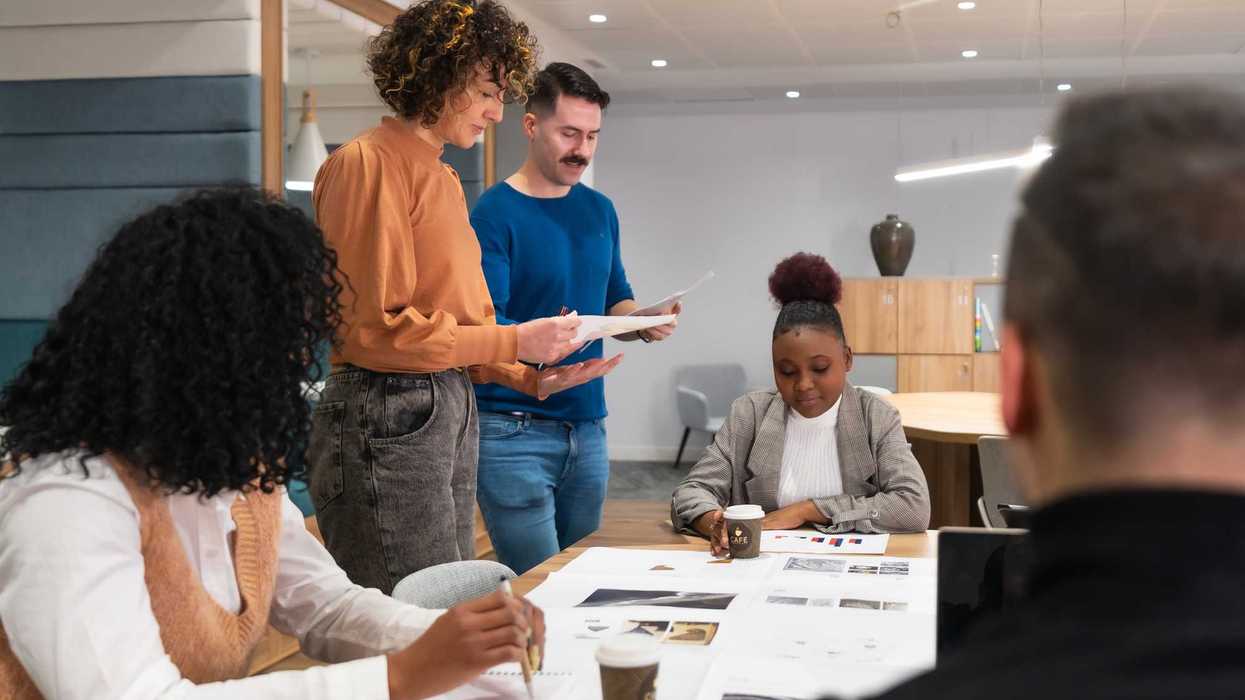The 50 is a four-year multimedia project in which the Fulcrum visits different communities across all 50 states to learn what motivated them to vote in the 2024 presidential election and see how the Donald Trump administration is meeting those concerns and hopes.
Chicago, Illinois, is widely known by several nicknames, most notably "The Windy City." The origin of this moniker is debated, possibly referencing the city's strong winds or even its reputation for political debate.
Chicago has a complicated history with politics and is characterized by a strong Democratic Party machine that plays a significant role in shaping the state's political landscape.
In the 2024 presidential election, Illinois was won by the Democrat Kamala Harris. Still, the Land of Lincoln shifted noticeably towards Republican DonaldTrump, with Harris winning the state by under an 11-point margin.
Voters expressed concerns across a range of issues, including the cost of living, inflation, and healthcare costs. In the sanctuary city of Chicago, immigration was among the key motivations for people to head to the polls.
"If I get arrested, even though I am a green card holder or a citizen, here's our action plan as a family," recounts Sufyan Sohel, Chair of the Cook County Commission on Human Rights, about the conversations many immigrants are having due to the fear created by the Trump administration. "These are the stories we are hearing—the fear of the uncertainty."
- YouTube youtu.be
Chicago Access Network Television, better known as CAN-TV, empowers residents to create and broadcast their own content, promoting local democracy and giving marginalized communities a voice.
Andrea Zopp is the host of Chicago Newsroom 2.0, a program she says dives not only into the challenges that people face, but also the opportunities. "The power is the ability to share these honest, open conversations."
CAN TV's mission centers on free expression, local representation, and civic empowerment. It empowers everyday citizens—regardless of their background or affiliation—to produce content and engage in public discourse.
"Submit a program! We want your voice out there," said Executive Director Darrious Hilmon.
Unlike traditional news stations with steep barriers to entry, CAN TV offers:
- Open studios and affordable equipment rentals
- Training workshops on video editing, storytelling, and live broadcasting
- Broadcast slots for community producers to air their work
This infrastructure empowers viewers to become creators, granting residents direct control over public narratives.
CAN TV provides Chicagoans like me with a voice on cable television.
As the publisher of the Latino News Network, I’ve been collaborating with the community television outlet for several years, producing and hosting programs such as "3 Questions With...", "Sazon de Illinois", "PRESENTE!", and "Chicago Politics".
"In a place where we have politicians, the inspector general, the mayor, the lieutenant governor, but we also have "Ms. Jones" from around the block sharing space and community,” said Hilmon. “Community is where I am finding safety, and our audience is finding shared accountability."
Other Episodes To Watch:
Community Policing in New Jersey Strengthens Trust With the Public
Improving Infrastructure In Washington To Benefit Both People and Nature
Concern Over Education and Family Services in Rhode Island
In Swing-State Pennsylvania, a Latino-Majority City Looks Back at the 2024 Election
Editor's Note: Hugo Balta is the executive editor of the Fulcrum. He is also the publisher of the Latino News Network.


